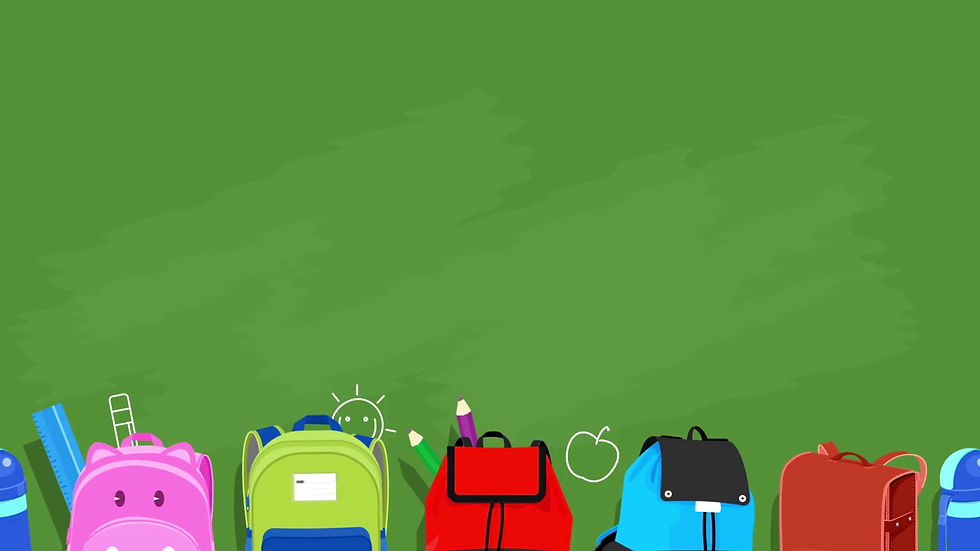
GRADE 000-R
BenHale follows the Reggio Emilia approach to learning. This approach cultivates the QI skills through a whole lot of talking, singing, playing and reading books, developing strong, capable and independent young children.
TECHNOLOGY
Introduction to robotics begins with learning the fundamentals of Computer Science. Computer Science in the pre-prep phase is designed to be fun and engaging and involves "unplugged" non-computer activities to teach students computational thinking, problem-solving, programming concepts and digital citizenship.
The curriculum makes the connections between learning Computer Science and traditional subjects such as Science, Mathematics, Language Arts and Social Studies thereby creating a multi-disciplinary learning environment which is critical to the development of the 7 QI skills needed to thrive in the 21st century.
Children use their own tablet device.
ACADEMICS
Our learning eco-system from grades 000 - 12 focuses on competencies in knowledge, skills, attitudes and values. Our learning programs are interdisciplinary by nature, focusing on 21st-century skills. We aim to achieve the outcomes of the national curriculum acknowledging that each child is unique thereby embracing a range of learning styles to foster a sense of curiosity, creativity and a love for learning.
Our edu-coaches will involve your child in group-based learning experiences designed to monitor and report on your child's growth. There are ample opportunities for creative play involving free-form learning and project-based activities which are largely driven by the interests of your child to inspire their imagination. Learning progress is documented to help each parent understand the progress of their child.
CULTURE
The Arts embody the notion that all children are social beings who want to engage with one another collaboratively and individually. Creative Arts and Dramatic Arts are an essential part of your child's week. Our children excel in the performing arts through our annual production showcase.
.png)
.png)
I Love The Arts...

WE DEVELOP THE KEY 21st-CENTURY SKILLS AT A YOUNG AGE...
SOFTSKILLS, the so-called non-cognitive skills that are rapidly gaining prominence in classrooms and boardrooms around the world should actually not be referred to as non-cognitive given the involved complex functioning of the brain.
SOFTSKILLS can be referred to as QI (pronounced like “key”). These skills are the compliment to the IQ skills but have become the most important skills. Based on science of early brain and child development, we know that these skills can be developed a lot earlier than most parents realise!
85% of brain growth is thought to occur by age 3 and up to 1 million new neural connections forming per second, it is during the first 5 years that we have a unique opportunity to more intentionally build babies brains and to assemble this toolkit of skills we know they will need to succeed.
Why are these early years so critical? Lets consider the electrical wiring of the brain to that of a house. You can rewire an old house, BUT, it takes longer and costs more and never turns out quite as good as the wiring that goes in before the walls go up. When it comes to little children, neurons don’t just connect and children don’t just learn what they need to know all on their own. Unlocking childrens early learning potential is deeply dependent on social interaction. This explains why cultivating the QI (pronounced "key") skills involves a whole lot of talking, singing, playing and reading books.

THE 7 QI SKILLS
ME SKILLS
-
Self-awarness
-
Self-control
-
Focus
-
Attention
ME skills allow us to be in control of our own thoughts, feelings and actions. To understand the bigger picture of ME skills, just think about everything we hear today about mindfulness apps and the introduction of Chief Mindfulness Officers into corporate culture. Peter Drucker, renowned as the “father of management” predicted that while the 20th century was the era of business management, the 21st century will be the era of self-management. A good self-management day in the life of a toddler or young child is when no one bites their friends because the ability to resist ones impulses is really dependent on self-control which according to Neuroscience, is one of the three defining features of the executive function skills. The executive function skills develop most rapidly between the ages of 3 & 5.
Everything children need to play well with others, in the same sandbox! In our world it has become as important to read people as it is to read. These highly coveted social-emotional skills are pre-school skills and they can be developed. Very young children can be taught to understand other peoples perspectives. Babies at 9 months old can begin to show empathy and babies can sense others emotions even before they can walk or talk. The ME and WE skills fit the formal definition of emotional intelligence, recognized around the world as absolutely critical to thrive in all aspects of 21st century life!
WE SKILLS
-
People Skills
-
Communication
-
Collaberation
-
Team-work
-
Active listening
-
Empathy
WHY SKILLS
-
Asking Questions
-
Exploration
-
Curiosity
-
Inquisitiveness
The Information Age, fuelled by technology has put so many answers right at our collective fingertips. It is understandable that the ability to ask good questions is so much more valued than simply knowing the right answer. Think about the 5 WHY’s used by the top companies in the world to train business leaders to get to the root of a problem by repeatedly asking why….the question then is, ‘Why should we have to go to such great lengths to teach adults to do something that comes so naturally to two and three-year olds. The answer is because almost every school in the system trains this skill out of children enforcing a preference towards compliance rather than creativity! It is natural for young children to question the world around them. We must encourage their natural sense of wonder.
These are people who have a “Get the job done and stick with it” attitude! Motivation is at the heart of WILL Skills. Two types of motivation. Extrinsic motivation involves rewards and punishment. This approach may work in the short-term and for relatively simple tasks. Keep in mind that the 21st century is going to demand a lot more from our children and simply relying on rewards has been shown to all but kill creativity and in the long run, decreases motivation., What we are after is intrinsic motivation or self-motivation – a motivation that comes from within. To foster this kind of self-motivation we need to rethink rewarding children with sweets and treats and reward them with praise and pride!
WILL SKILLS
-
Drive
-
Determination
-
Grit
-
Perseverance
WIGGLE SKILLS
-
Innovators
-
Taking Action
-
Learning Through Touch
-
Explore
Physical and intellectual restlessness describes successful adults in the world as movers and shakers and go-getters who set stretch goals, spring into action and reach for the stars. These skills are all about action. Innovators are described often as physically restless. This is why some of the most innovative companies have walking meetings, treadmill desks! When it comes to active young children we describe them as fidgety, ansy, restless. These words are almost never used in a positive sense. We tend to favor the quiet child who never reaches, touches, pokes or grabs things…we need to give young children the wiggle-room they need instead of telling them to sit still, look but don’t touch. Children learn about the world by physically interacting with it! Instead of trying to work the wiggles out, we should put their wiggles to work!
Wobble skills look something like the Weeble toy, an egg-shaped toy with a weight at the bottom. They can wobble back and forth but remain standing. Wobble skills are needed to adapt to a fast-changing world. In the modern workforce, hiring managers repeatedly ask in interviews: “When have you failed and what did you do about it”? Silicon Valley's unofficial motto is said to be fail early, fail often and fail forward . We need to not only recognise our childrens milestones but also their ability to fall down, brush themselves off and get back up!
WOBBLE SKILLS
-
Agility
-
Adaptability
-
Resilience
WHAT IF SKILLS
-
Innovation
-
Imagination
-
Creativity
-
Out-of-the-box thinking
These skills give us the ability to imagine the world how it could be. A global survey of over 1500 CEO’s revealed that creativity was the single most important factor for future success. Our world rewards those who can imagine the world they want to live in and create it. This is not uncommon to young children as they imagine new worlds from make-believe and superhero’s to imaginary friends. Our children at a young age are some of the most imaginative humans around. We should not be teaching our children that which is already known, instead, we should develop innovative and creative minds capable of discovery throughout life. Maximize a child’s potential and not their possessions. Cultivate their sense of purpose and passion and subject them to unnecessary pressure!
